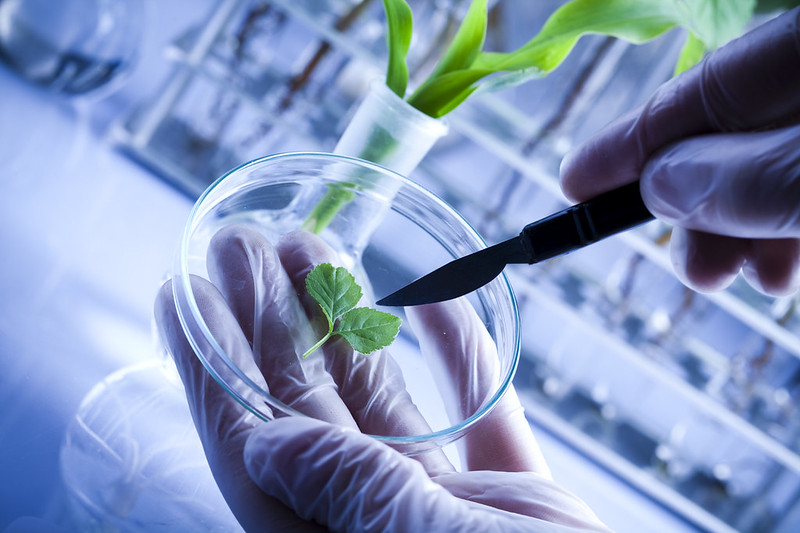Plant systems contribute to fight against COVID-19
In a recent speech by Blade Nzimande, Minister of Higher Education, Science and Technology, announced that the Department of Science and Innovation (DSI) is increasing funding awards to South Africa's COVID-19 Testing Abiliy. The University of Cape Town's Biopharming Research Unit (BRU), is one of the recipients of this funding.
The seven funding awards have been made available through a collaborateive effort between the DSI, the South African Medical Research Council (SAMRC) and the Technology Innovation Agency (TIA). The recipients include local companies, organisations and researchers who are geared towards contributing significantly to South Africa’s ability to develop reagents and test kits for COVID-19.
In total the awards are valued at R18 million, and the BRU has been allocated just over half a million to use within 12 months - with the prerequisite that the unit start work immediately, and that they commence with production or have developed a tangible product within just six months.
In his statement Nzimande explained, “South Africa currently sources these reagents from international companies, but increasing global demand, fluctuating exchange rates and limited transport options are affecting the supply – resulting in an urgent need to source these components locally.”
The BRU will make stabilised single-stranded RNA by standard recombinant DNA cloning techniques, with some of the same sequences that the virus has in it. This will be a positive control in validated clinical assays aimed at detecting the virus RNA.

UCT's BRU receives one of seven funding awards to contribute to South Africa's ability to develop reagents anf test kits for COVID-19
Credit: Flickr
BRU Director and Full Member of the Institute of Infectious Disease and Molecular Medicine, Professor Ed Rybicki says, “The exciting part is that we will be making the RNA in plants, using our proprietary plant virus-based expression systems, and then stabilising it using a plant virus coat protein that will specifically bind to it. This will make easy-to-purify and very stable virus-like particles that will preserve the target RNA under a wide range of conditions – until it needs to be used. The artificial RNA molecule will also have sequences in it that can be amplified by non-SARS-CoV-2-specific primers, as a check that the amplification assay is working properly.”
As per the directive of the grant this work will provide a valuable, stable, home-grown reagent as an essential part of sensitive, locally-made testing kits used for the detection of SARS-CoV-2 RNA in clinical samples.
Rybicki echoes the minister’s speech, stating that this work will then “help free us up from the necessity of importing expensive kits from overseas.” He adds that although it’s unfortunate that South African authorities have decided not to pursue making local vaccines for this emerging pathogen, “[The] capacity that we establish during this pandemic should equip us to handle the next one better.”
